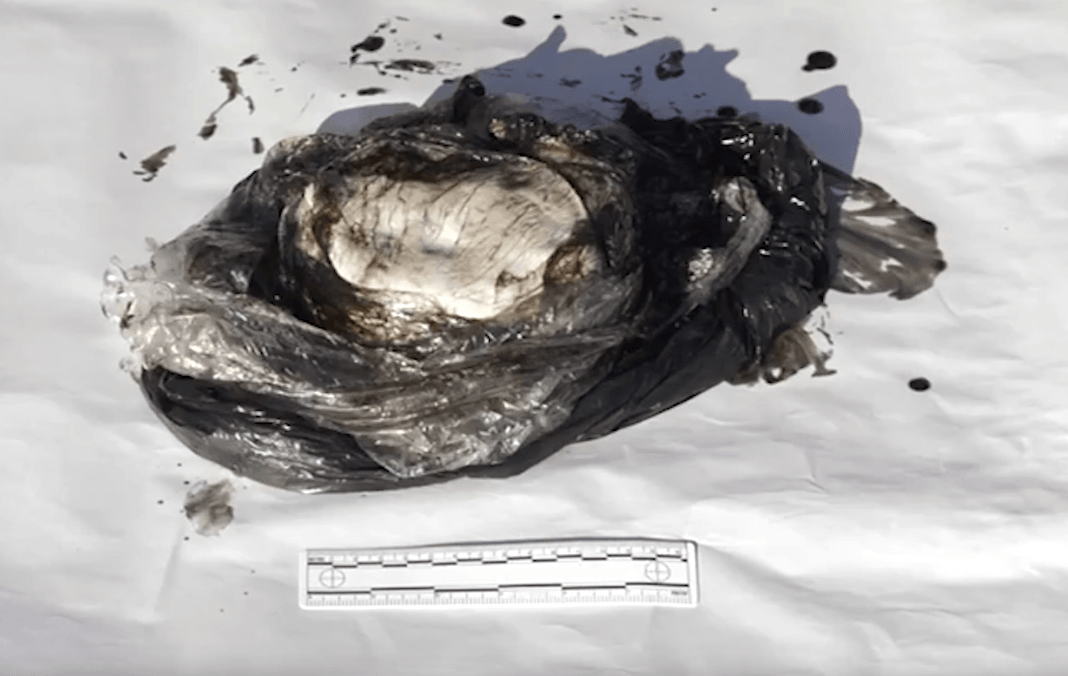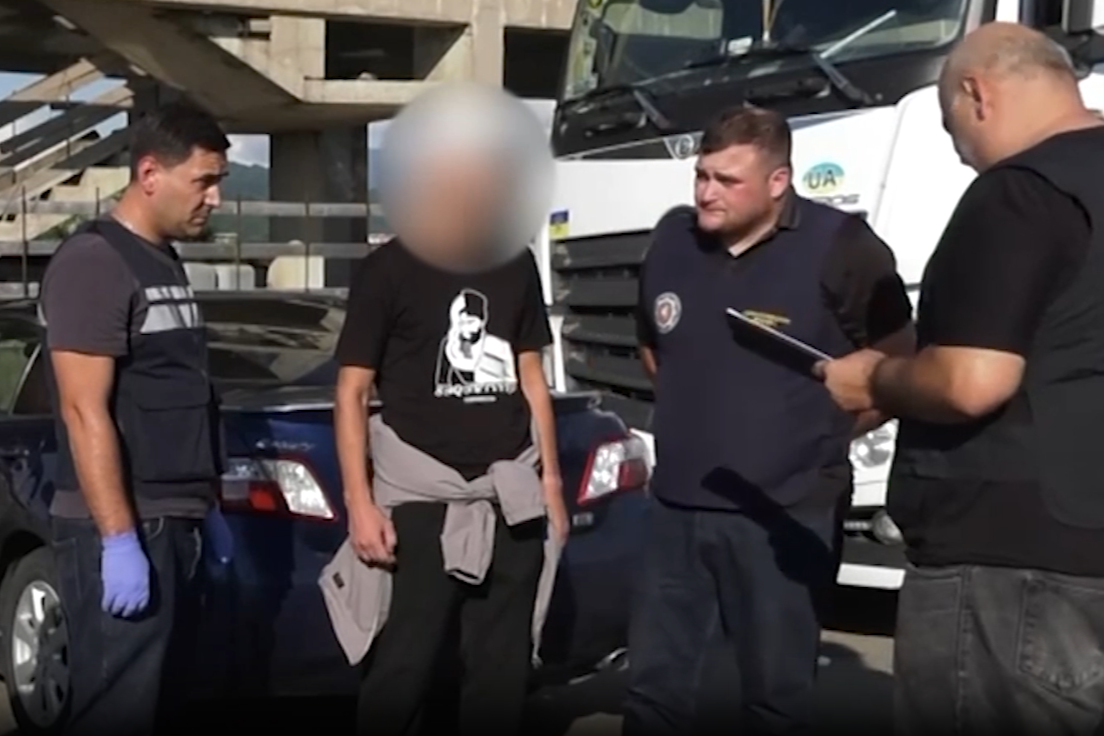
Georgia’s State Security Service (SSG) has alleged that the two Ukrainians arrested earlier in September for smuggling explosives into the country were acting on the orders of the Ukrainian Security Service (SBU). Separately, Kakha Kaladze, Tbilisi Mayor and Secretary General of the ruling Georgian Dream party, said he could not rule out that the domestic opposition could be involved in the case.
On 11 September, the SSG’s First Deputy Head Lasha Maghradze said that two Ukrainians had been arrested for smuggling 2.4 kilogrammes of hexogen (RDX), a powerful explosive, in a truck from Turkey.
Further developments in the case came the following day, when Maghradze claimed that originally, the detained Ukrainians said under questioning that the explosives were destined for Russia to be used in an attack there — akin to the Operation Spiderweb conducted earlier this year, in which drones were concealed in trucks in Russia and then used to destroy numerous irreplaceable long-range bombers.
However, Maghradze said the subsequent investigation had revealed the hexogen was intended to remain in Tbilisi.
Maghradze further added that investigators were considering if there was a connection between the explosives and the upcoming municipal elections on 4 October, which he said ‘radical groups’ had plans for.

It is unclear exactly what Maghradze was referring to, but the allegations came on the same day that Levan Khabeishvili, a high-profile member of the opposition United National Movement party (UNM), was arrested after publicly offering riot police officers $200,000 not to disperse protesters on 4 October. Khabeishvili has repeatedly called for a ‘peaceful revolution’ to coincide with the elections, which the majority of Georgia’s opposition parties have said they would boycott.
On 12 September, Maghradze went further, claiming that the SBU had given the explosives to the two individuals and told them to bring it to Georgia.
Separately, Kaladze said on Saturday that he could not rule out that Georgia’s political opposition could have been involved.
‘Everything is possible, considering the kind of power that is fighting against our country and our people. We know that rootless people are capable of anything. They do not care about the Georgian people or about the future of this country’, Kaladze told reporters.
‘Accordingly, I exclude nothing, but let us wait for the investigation, which will provide answers to all questions. Once again, I emphasise that nothing can be ruled out’, he added
The conspiracy theories were further spread by popular pro-Russian figures, such as Ukrainian journalist-turned Kremlin propagandist Diana Panchenko.
Panchenko also referenced the recent assassination of far-right US commentator Charlie Kirk, as well as the murder earlier this month of Ukrainian refugee Iryna Zarutska in the US. The connection between the three events was not clear.
Kaladze’s accusations were also picked up by the Russian state-run media outlet TASS.
Ukraine has not officially commented on the allegations as of the time of publication.












